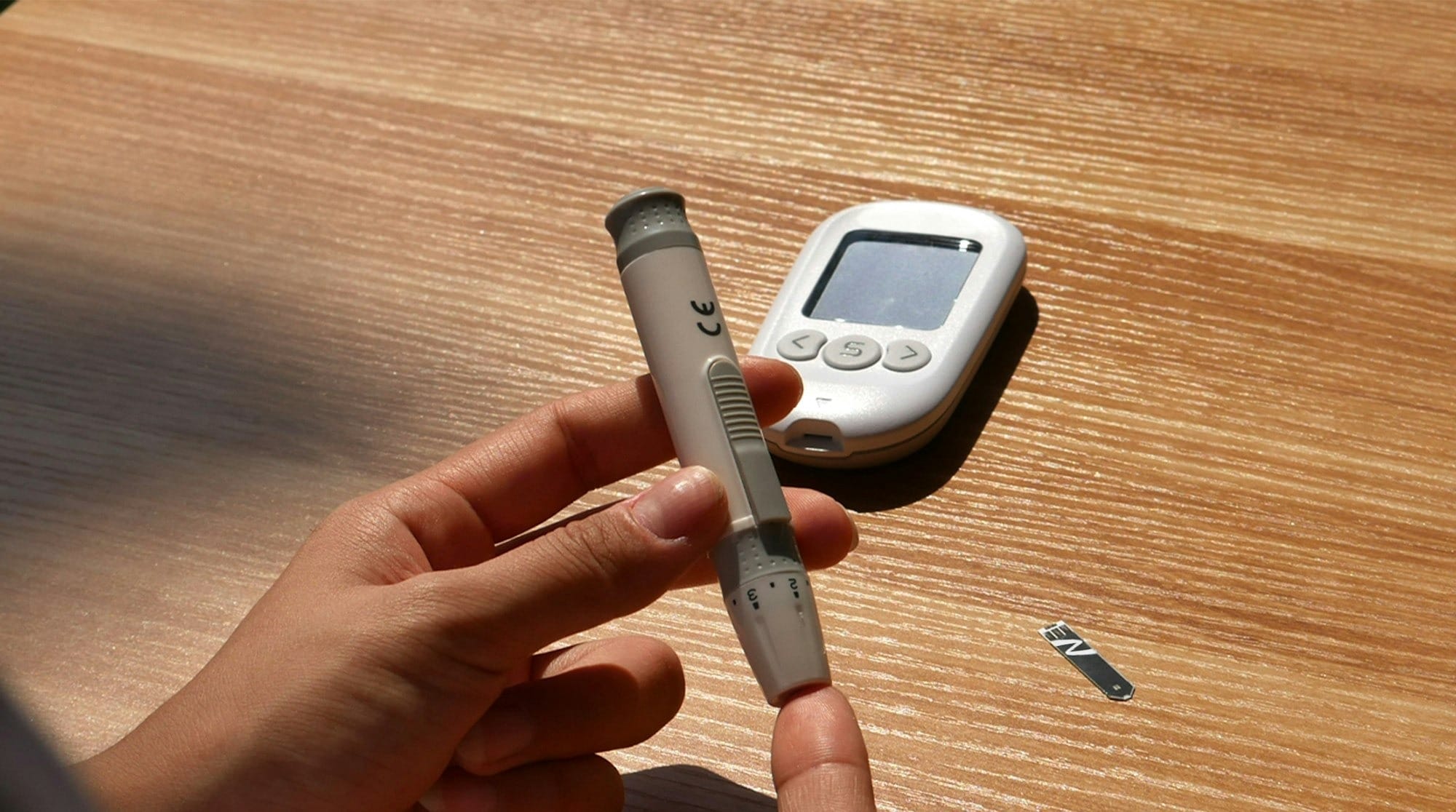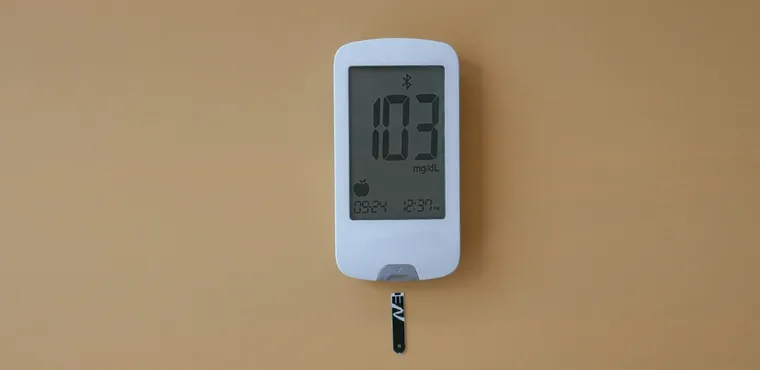Maintaining optimal blood sugar levels is essential for stabilizing energy and improving mood. Proper management can also reduce the risk of various chronic diseases.
Common Myths About Blood Sugar
Misconceptions about blood sugar are widespread, often leading to confusion and improper management. One common myth is that only those with diabetes need to monitor their blood sugar levels. In reality, maintaining balanced blood sugar is important for everyone, as it affects overall health, energy levels, and can reduce the risk of developing chronic conditions. Another persistent belief is that consuming sugar directly will always cause blood sugar levels to spike uncontrollably. While it's true that refined sugars can dramatically impact these levels, the effect also depends on other factors like physical activity and overall diet. Eating a balanced meal with fiber, protein, and healthy fats can significantly mitigate sudden sugar spikes.
Another prevalent myth is that whole grains and fruits should be avoided due to their natural sugar content. However, these foods offer essential nutrients and fiber, which can actually help stabilize blood sugar levels. The key is to focus on the glycemic index of foods and opt for those that release sugar slowly into the bloodstream. Moreover, the notion that skipping meals can help lower blood sugar is misguided. Skipping meals can lead to a drop in blood sugar followed by overeating later, which could cause problematic spikes. Balanced, regular meals are crucial for maintaining steady blood sugar levels throughout the day.

Understanding Insulin and Its Role
Insulin, a hormone central to blood sugar regulation, is produced by the pancreas. It functions by facilitating the entry of glucose from the bloodstream into the cells, where it can be used for energy or stored for future use. When you eat, your blood sugar levels rise, prompting the pancreas to release insulin. This ensures glucose is absorbed efficiently, maintaining a balanced blood sugar level. Without adequate insulin production or activity, glucose remains in the bloodstream, leading to elevated blood sugar levels, a condition known as hyperglycemia.
The role of insulin becomes even more critical when managing diabetes. For individuals with type 1 diabetes, their pancreas produces little to no insulin, necessitating daily insulin administration. Meanwhile, those with type 2 diabetes might experience insulin resistance, where the body's cells do not respond effectively to insulin. Managing these conditions often requires a combination of lifestyle changes, medication, and in some cases, insulin therapy. Exercise, a balanced diet, and maintaining a healthy weight greatly enhance insulin sensitivity and effectiveness, playing a pivotal role in blood sugar management.
Smart Lifestyle Choices for Blood Sugar Health
Fueling your body with balanced meals is pivotal for maintaining stable blood sugar levels. Prioritize a diet rich in fiber, lean proteins, and healthy fats, while keeping an eye on portion sizes. Opt for low Glycemic Index (GI) foods like whole grains, beans, and non-starchy vegetables to avoid sudden glucose spikes. It's also beneficial to eat smaller meals more frequently throughout the day. This approach not only supports blood sugar stability but also keeps energy levels consistent, reducing the chances of feeling fatigued or irritable.
Staying active plays a crucial role in blood sugar management. Engaging in regular physical activity can help insulin work more efficiently, allowing your cells to utilize glucose more effectively. Aim for at least 30 minutes of moderate exercise most days of the week. Activities like walking, cycling, or swimming can be particularly beneficial. Additionally, staying hydrated by drinking plenty of water aids in flushing out excess sugar through urine, further supporting optimal blood sugar levels.

